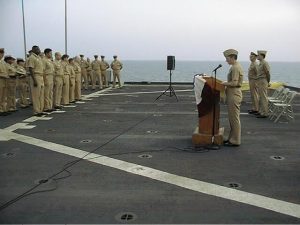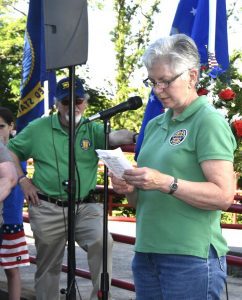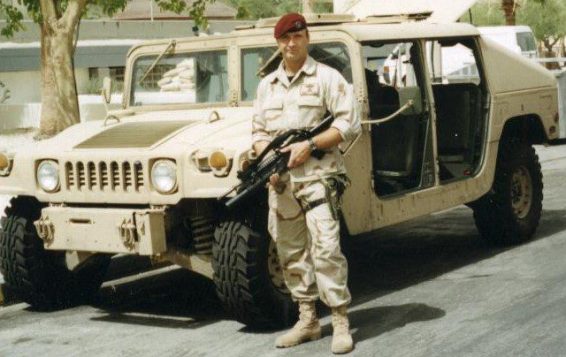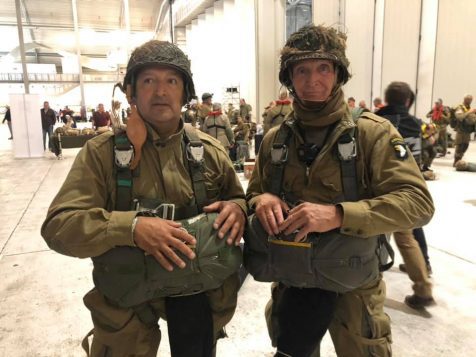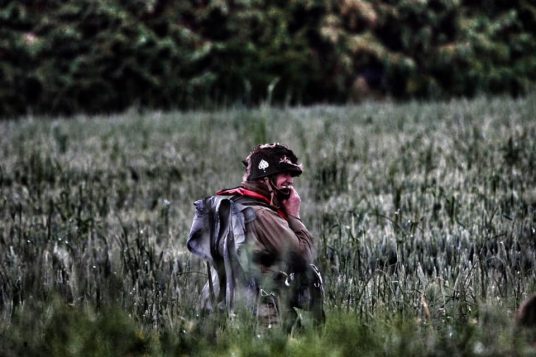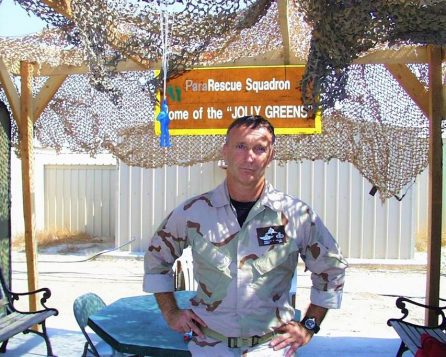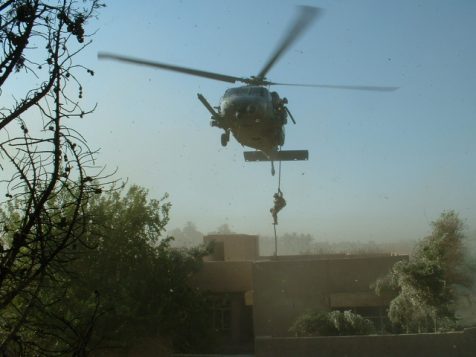By Rich Acritelli
On March 29, 51 years after the last American troops were withdrawn from South Vietnam and the acknowledged prisoners of war were released by Hanoi, the war officially ended.
The Long Island State Veterans Home at Stony Brook University held a symbolic Remembrance Day for Vietnam War residents, family members and local veteran organizations. After a special invocation by Rabbi Joseph Topek and the presentation of the colors by Rocky Point VFW Post 6249, the packed audience remained on their feet for The Star-Spangled Banner and the Pledge of Allegiance.
Patriotism was personified by longtime Executive Director Fred Sganga who has cared for many veterans since 9/11 as he presented a hearty “Welcome Home.”
In 1975, two years after American troops pulled out, South Vietnam was finally defeated by the communist regime in North Vietnam. Today there are an estimated 610,000 living Vietnam War veterans who arrived home originally to open hostility toward their military efforts. This generation of veterans faced over 58,000 killed and there are over 1,500 missing in action from this war.
On May 28, 2012, during a Memorial Day ceremony, President Barack Obama (D) mandated the National Vietnam War Veterans Day and in 2017 President Donald Trump (R) signed it into a federally recognized moment to fully honor Vietnam veterans.
Many local Vietnam veterans were in attendance to help honor their comrades.
Suffolk County Legislator Nick Caracappa (C-Selden) from the 4th Legislative District spoke about the military experiences of his family in numerous conflicts. As a chairman of the Suffolk County Veterans Committee, he identified the devotion of these local veterans who served in Vietnam and their generous efforts to support veterans’ causes.
Since 9/11, groups like VFW Post 6249 in Rocky Point and the Suffolk County Chapter of Vietnam Veterans have aided War on Terror veterans at home and overseas. They have organized Wounded Warrior golf outings, PTSD 5K runs, provided their posts for family military reunions, speaking at schools and have created patriotic memorials.
As Suffolk contains the largest number of veterans in New York state and the second largest in the United States, their goal is to provide significant support toward our many local armed forces members.
A Marine Corps major who is a decorated Purple Heart recipient and a current reservist is 6th District county Legislator Chad Lennon (R-Rocky Point). He echoed the feelings of Caracappa and fully recognized the sacrifices in South Vietnam. Lennon identified the shameful treatment of these veterans and said, “This generation of veterans, not only fought battles in Vietnam but also at home. They were spat on and discarded as less than other Americans. However, they took those experiences and made changes that allowed future generations to be properly welcomed home.”
A resident of Port Jefferson Station, and now Bayport, military advocate Richard Kitson spoke about the two wars that Vietnam veterans faced overseas and at home. After this Marine Corps mortarman returned home to Levittown, his younger brother John at 19 years old enlisted into the Marines and was killed in action in South Vietnam.
Understanding the early national, local and family heartache that is still felt by many of these veterans, Kitson spoke about the Vietnam veterans who served 240 days in the field, one out of 10 were casualties, and 97% received honorable discharges. He told an astonished crowd that many of these veterans who were from low-income families earned high school and college diplomas.
Kitson described these southeastern Asia veterans as trailblazers who have fought for the expanded rights of veterans. From his earliest adult years, Kitson has always helped other veterans, spearheaded the Vietnam War memorial at Bald Hill, is a senior figure at Northport VA Medical Center and continues to help those men and women who have become afflicted with Agent Orange.
Speaking on behalf of VFW Post 6249, “Lieutenant” Dan Guida was an armor commander during the heavy fighting in Vietnam. A daily volunteer at this veteran’s home, Guida addressed his “comrades” about the hardships that Americans absorbed against the enemy and at home. Like most of the veterans in this program, Guida observed that only family members and friends understood the early challenges of Vietnam veterans. Armed with a big smile, Guida constantly supports this facility with an unyielding friendship to care for residents with PTSD. Directly after Guida spoke, all the residents had their names called out, where they received applause and praise for their time in Vietnam.
On March 22, Guida helped Cmdr. Joe Cognitore of VFW Post 6249 create the first-ever veterans affairs workshop.
Agencies from all over Long Island spoke to veterans about key services and programs that are provided to them and their families. A Vietnam veteran and a platoon sergeant who fought in Cambodia in 1970, Cognitore has been one of the most vocal local, state and veterans advocates over the last several decades. Since the First Gulf War, Cognitore has been a vital pillar of support and a source of information to help aid veterans of all ages.
At the end of this ceremony, VFW Post 6249 retired the colors at this endearing program to “Welcome Home” our Vietnam veterans some 51 years after the last Americans pulled out of South Vietnam.

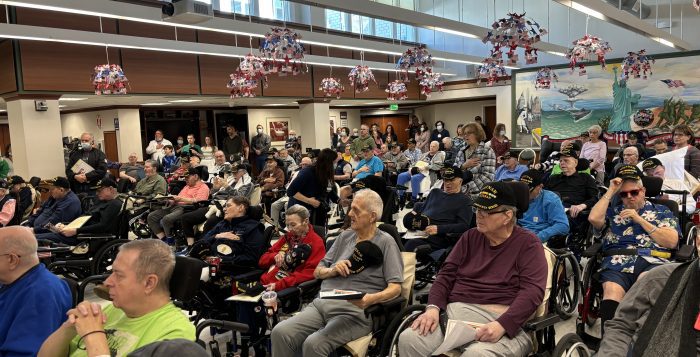
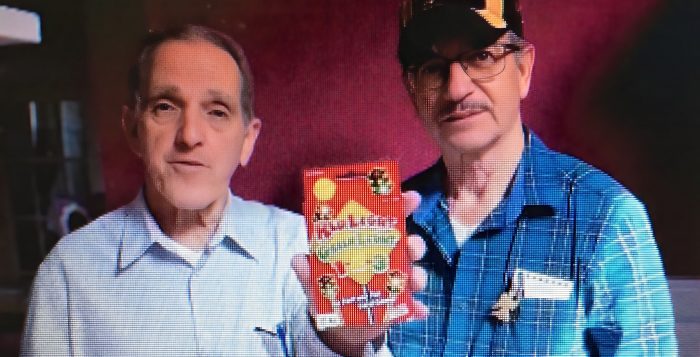
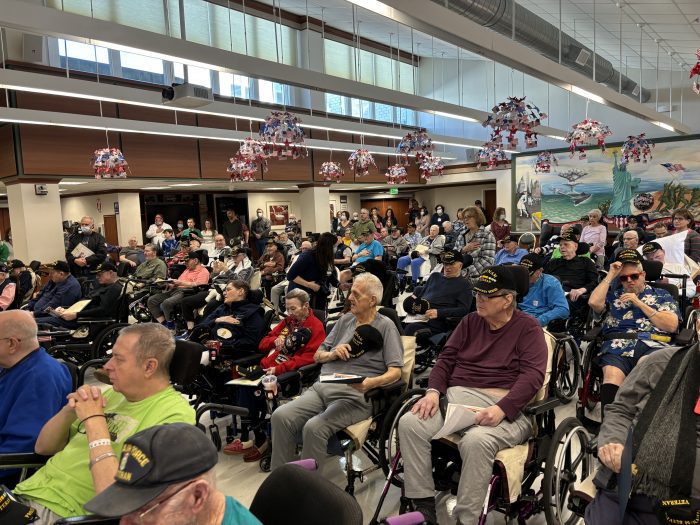
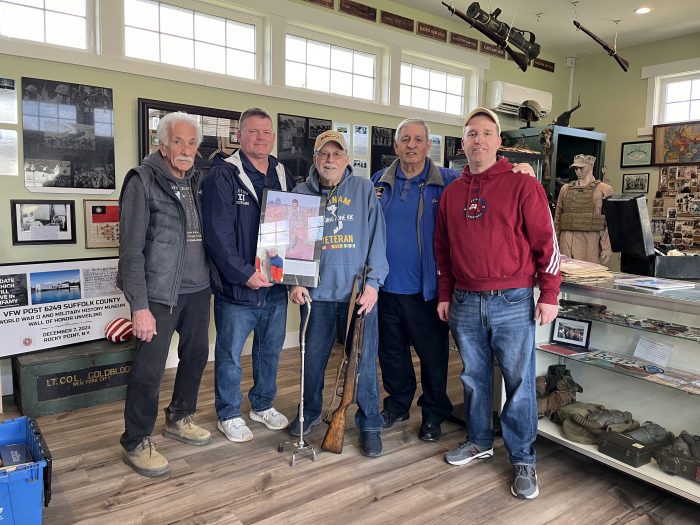
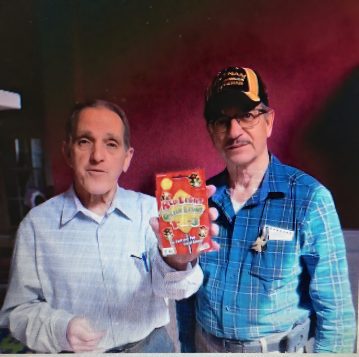
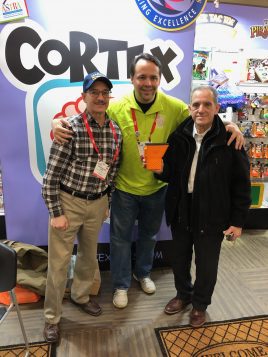
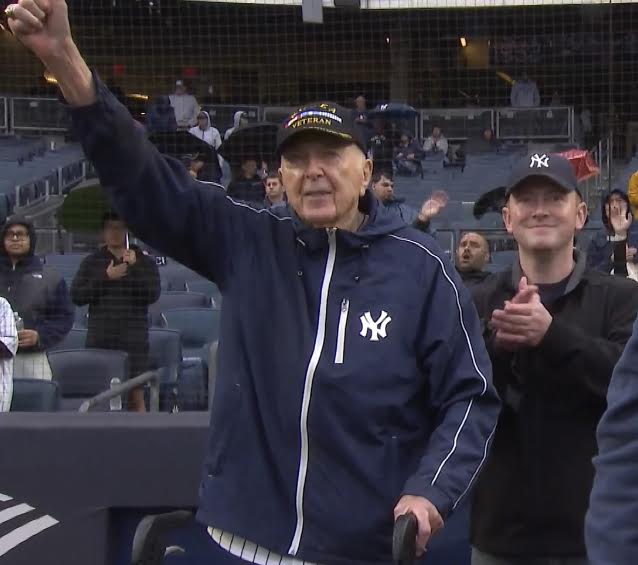
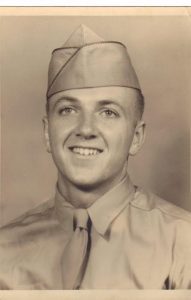
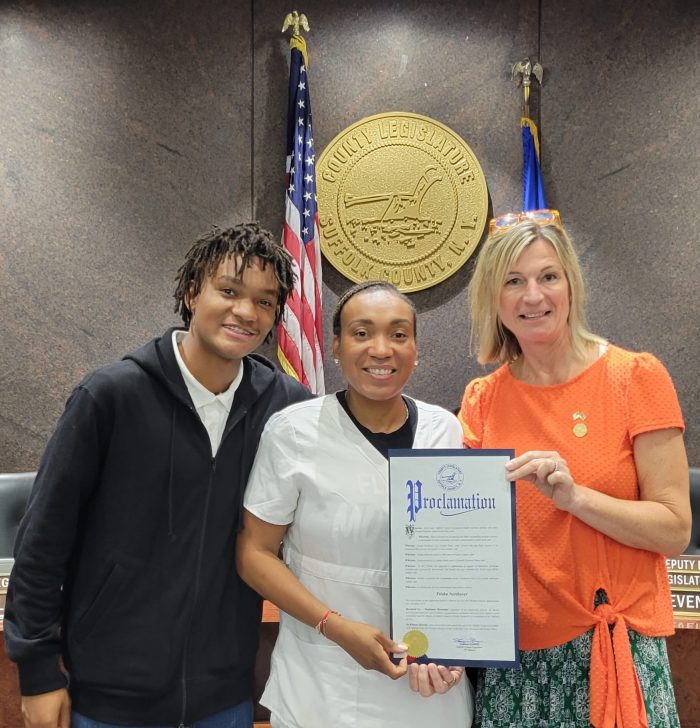
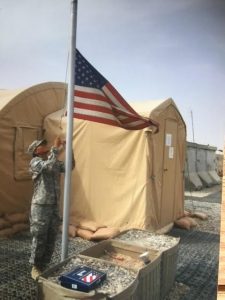
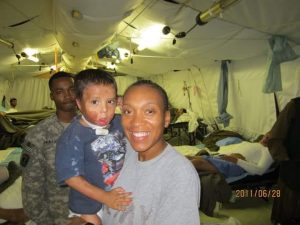
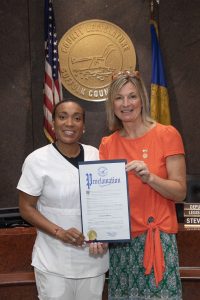
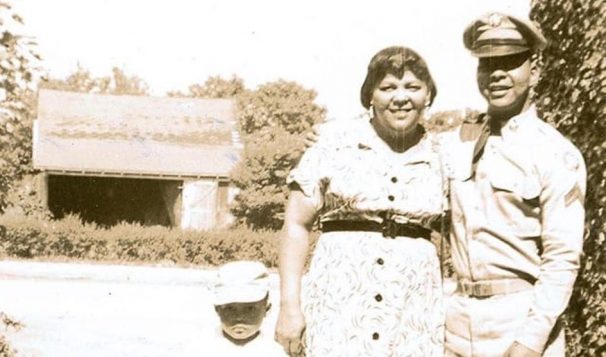
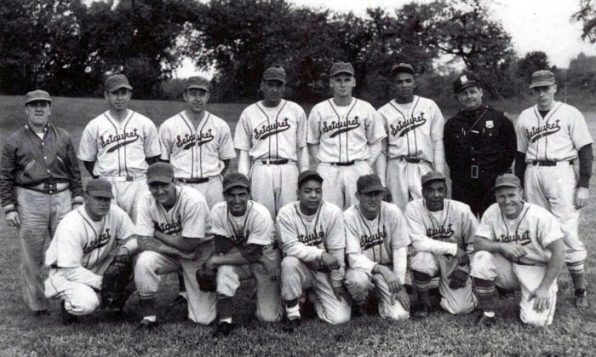
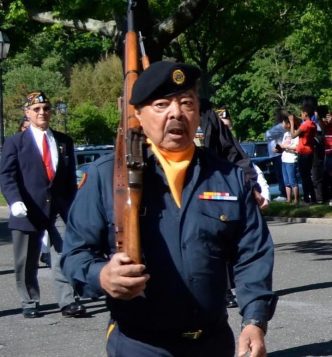
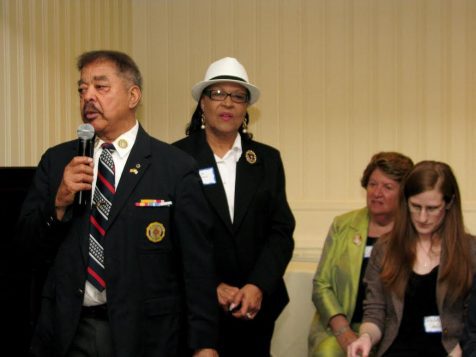
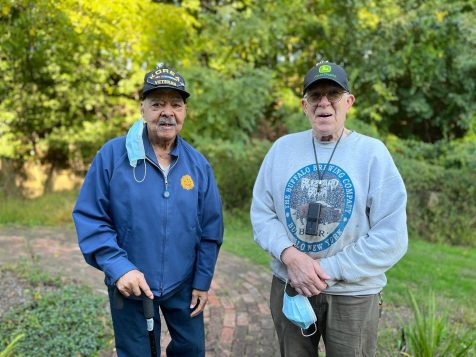
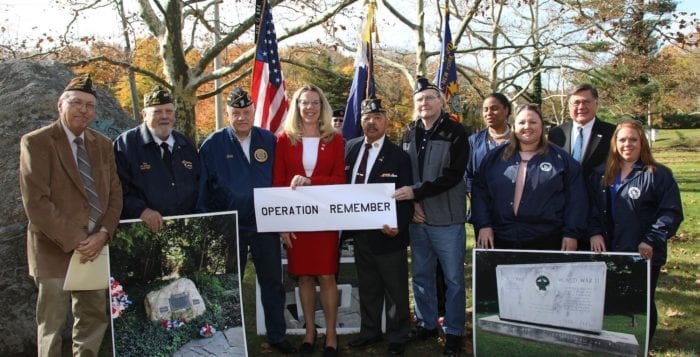
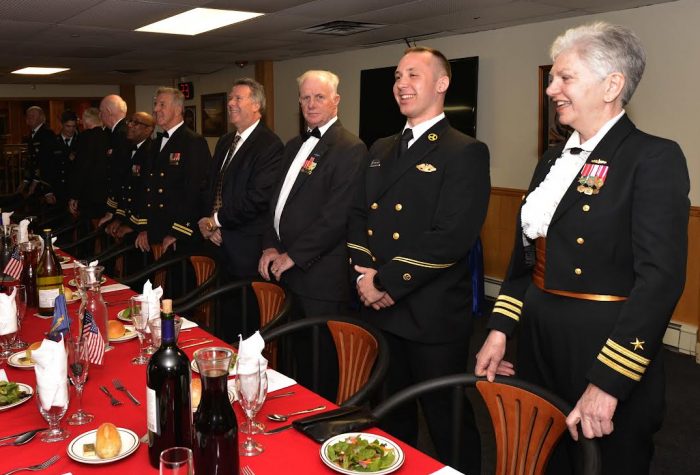
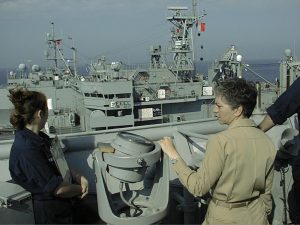
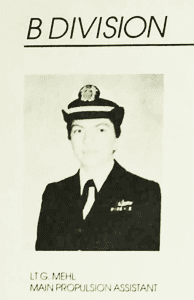 A graduate of SUNY Binghamton, Mehl, who grew up on a chicken farm, had a desire to get a job that makes a difference and to see the world. Her sister Jane and her college roommate had also joined the military, so she already had examples of women who had gone into the service.
A graduate of SUNY Binghamton, Mehl, who grew up on a chicken farm, had a desire to get a job that makes a difference and to see the world. Her sister Jane and her college roommate had also joined the military, so she already had examples of women who had gone into the service.